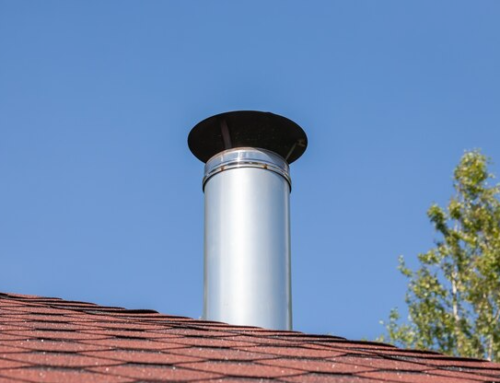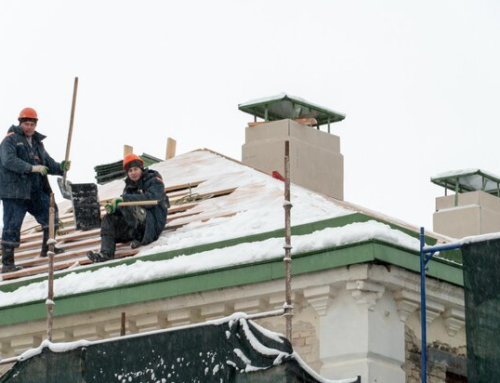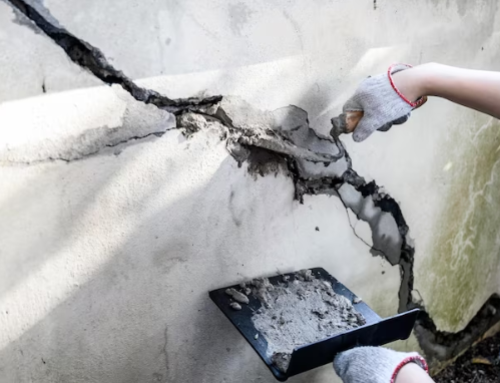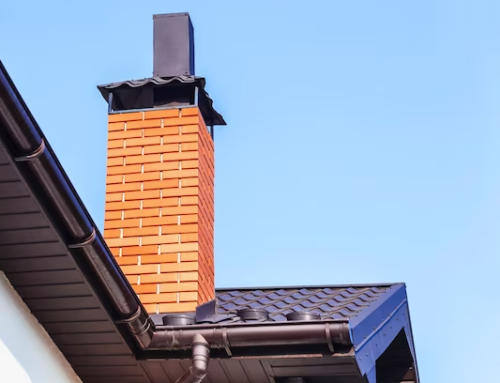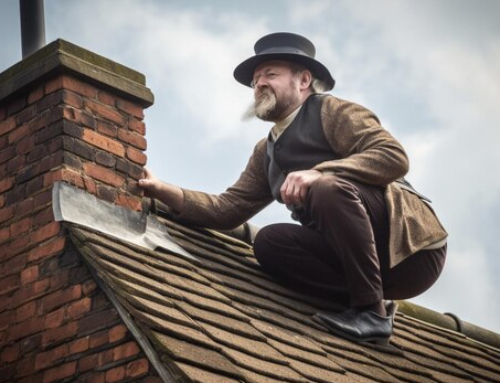There are more than 27 million homes in the US have fireplaces. Did you know there are over 25,000 chimney fires in the US annually?
Surprisingly, these chimney fires can reach a temperature as high as 2000 degrees Fahrenheit?
Most homes in the United States use the fireplace as the focal point of their living rooms. Other than keeping you warm during chilly winter nights, it also adds to the aesthetics of your home.
However, certain weather elements can cut your chimney’s life short! Rain and humidity play an essential role in the deterioration of its structural integrity. This is because rain causes moisture absorption when chimneys are exposed to it for an extended period.
The most common effects that rain can have on masonry or metal chimneys are:
Leakage
One of the most apparent results of excessive water absorption in the chimney is a leak. Hearing water drips, seeing water trails, an actively dripping firebox, smelly and musty air coming out of the chimney during warm days – these are all signs of water getting in the chimney.
Masonry Damage
Water can be your chimney’s worst enemy if it’s brick-built or has brick/rock veneers. Mortar, the mixture used to hold the bricks and stones together, can break the bond resulting in cracks.
Over time, the cracks can cause the bricks to spall or even fall off the chimney altogether. Moreover, once the brick is damaged, it can further become vulnerable to water intrusion and damage other bricks.
Rust
Whether it’s the joints or any other part of the chimney, they are all susceptible to rust. These chimney parts rust upon getting in contact with water unless made of stainless steel or copper. If not addressed timely, this rust can take a toll on your chimney’s structure.
Regular chimney inspections can help detect rust in its early stages.
Creosote Buildup
Creosote is the brown-blackish, tar-like substance that you often find inside a wood burning chimney. The creosote buildup can worsen with increased exposure to moisture.
During rainfall, the cold air outside the chimney drops the overall temperature, leading to condensation when the warm air from the inside is released. It gets worse with exterior and uninsulated chimneys.
The key is to keep the chimney as dry as possible. With regular chimney cleaning, the flue will have no creosote buildup.
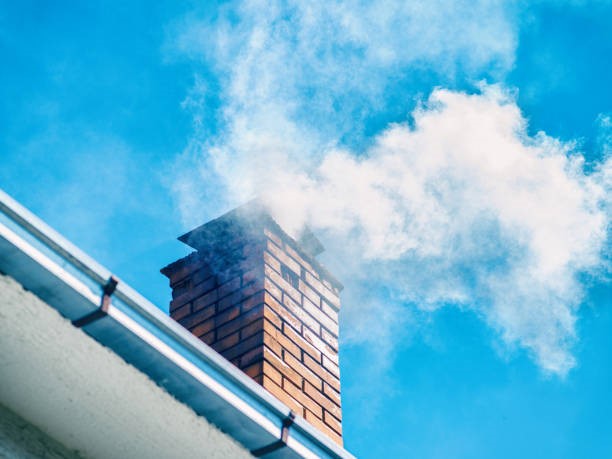
With professional guidance, you can extend the life of your chimney and fireplace while preventing long-term issues that could cost thousands of dollars.
Let the chimney experts at CT Chimney Repair determine the overall condition of your chimney and recommend the right service. With regular chimney inspections, you can prevent moisture from causing long-term damage.
Visit their website for more information.

